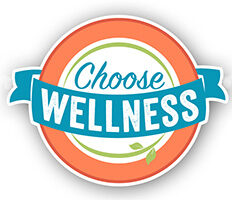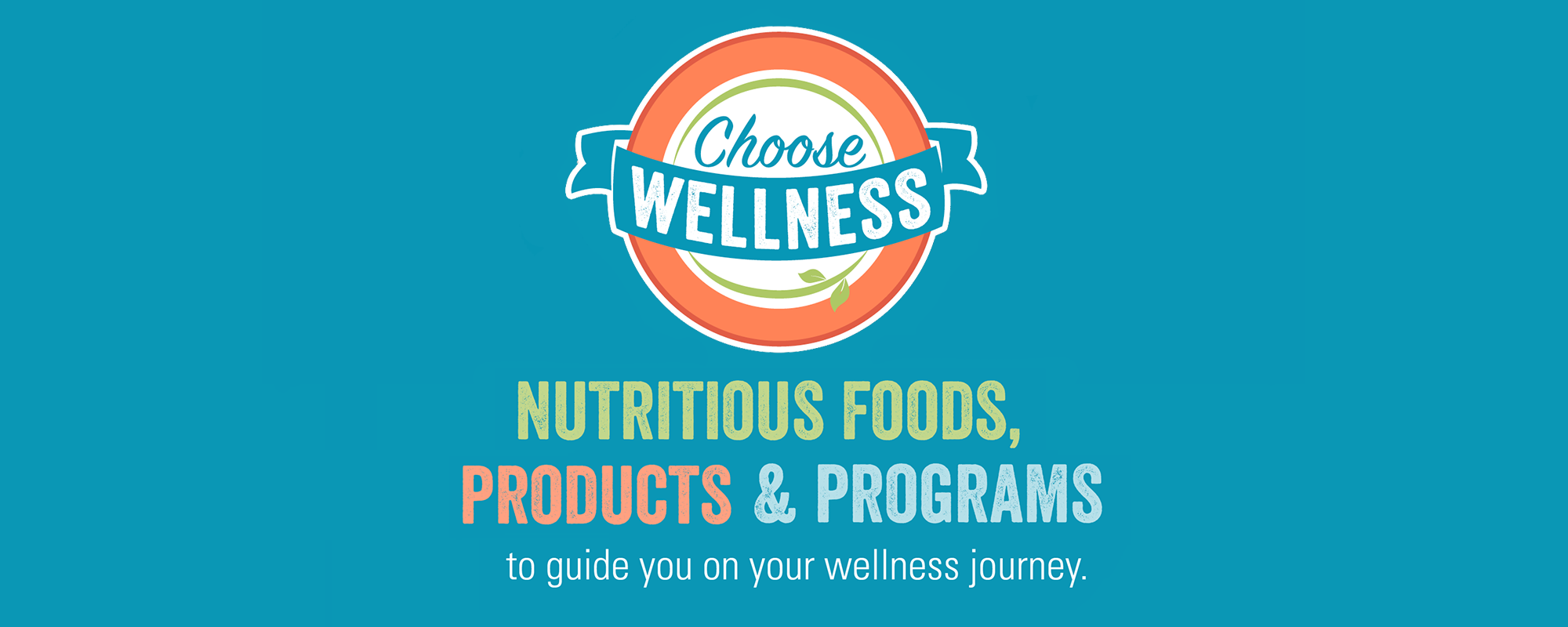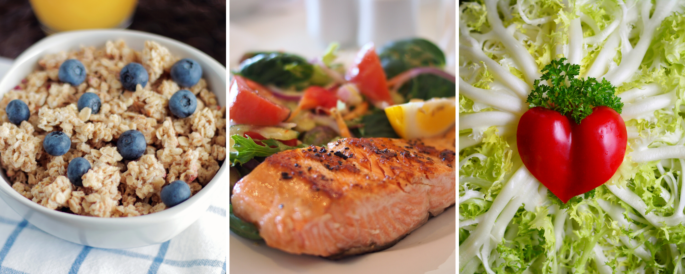February is American Heart Month. It is never too late to start on your heart-health journey and starting is an important step everyone should take to live a longer and healthier life. Poor heart health can lead to many serious complications such as heart disease, heart attack, heart failure and even strokes. To many, it may seem difficult to start on this path to a healthier heart, but it is easier than most may think. Even small changes can make drastic reductions in your risk for cardiovascular diseases. The key takeaway: it takes a change in your diet and lifestyle long term to have a healthy heart. Keeping up a healthy pattern is the only way to reduce the risk.
According to the American Heart Association, the important things to do in order to reduce risk for cardiovascular disease are:
- Live tobacco free.
- Eat less nutrient poor foods, which are foods high in calories and low in nutrients.
- Eat a variety of nutritious foods. (see below!)
- Try to only consume the number of calories that you will burn. To do this either eat less calories or exercise more. It is recommended to do 150 min of moderate exercise per week or 75 minutes of vigorous exercise per week.
While the above are great suggestions to get someone started on their journey to a healthier heart, these may seem like big tasks to accomplish. Here are some small steps to help you accomplish these goals:
- Control portion sizes. Most of the time we eat way more than the suggested serving size without realizing it.
- Incorporate more fruits and vegetables into meals and snacks. This will boost the amount of nutrients you are consuming and will help reduce the hunger and cravings for less nutrient dense foods.
- Reduce your sodium intake.
- Try selecting healthier alternatives such as whole grains or low-fat options.
Here are a few heart-healthy foods to try and incorporate more into your diet:
- Fish
- Nuts
- Berries
- Seeds such as flaxseeds and chia seeds
- Oats
- Legumes (beans and lentils)
- Soy (tofu or edamame)
- Dark chocolate
- Fruits (oranges, cantaloupe, papaya)
- Dark leafy greens (spinach, kale)
- Vegetables (carrots, sweet potato, red peppers, tomatoes, broccoli, asparagus)
- Whole grains
- Avocados
- Olive oil
- Garlic
- Green tea
Sources:
health.clevelandclinic.org
heart.org
mayoclinic.org
healthline.com


